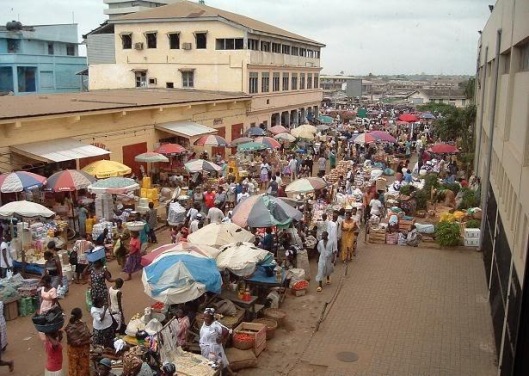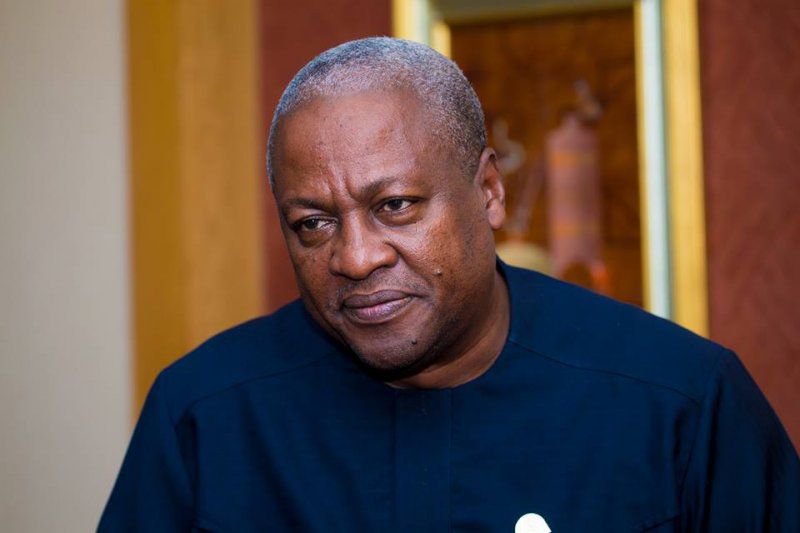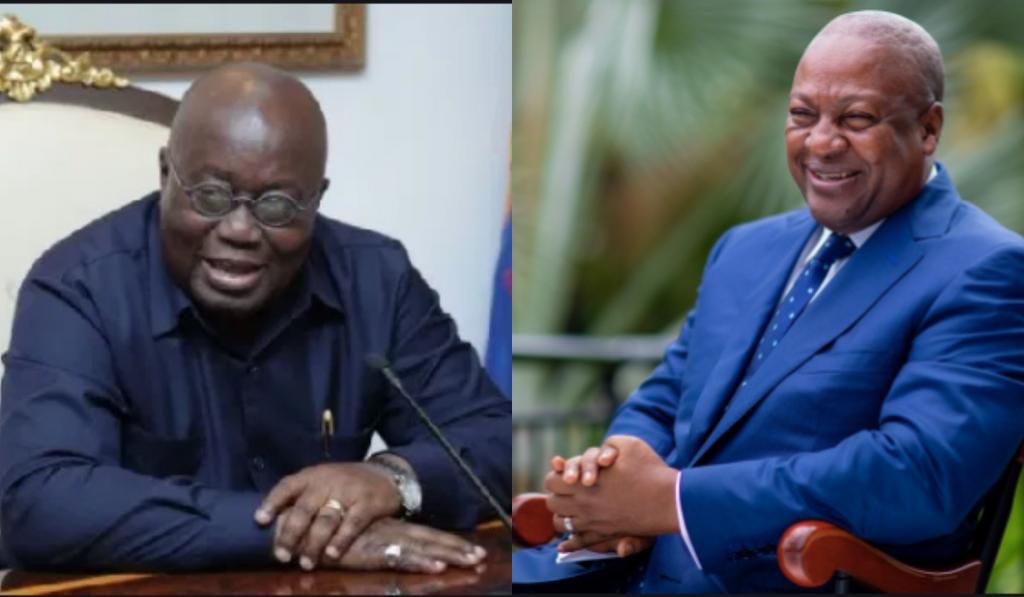
It seems like only yesterday when ‘Mensa aka ooo, Mensa aka’ was heard on our radios and televisions. It marked the beginning of a new epoch—the advent of mobile money.
In those 15 years, Ghana’s payment landscape has transformed remarkably, moving from a cash-heavy economy to one that is increasingly embracing digital payment solutions.
Today, mobile money has become the backbone of our digital payment ecosystem. In the first ten months of the year, transaction values exceeded GH¢2.3trillion, underlining its growing importance in how we move money.
Mobile money has done more than just simplify payments—it has expanded access to financial services for millions who once operated outside formal systems.
This transformation is not limited to mobile money. Platforms like Ghipss Instant Pay, E-zwich and Automated Clearing House payments have emerged as pillars of our evolving payment system, offering fast, secure and convenient alternatives to cash transactions.
Even cheques, while a part of the old guard, continue to hold their own for high-value payments. These systems collectively signal a significant shift in how we conduct financial transactions.
The benefits of this shift are profound. Digital payments reduce reliance on cash, improving convenience and security. They enhance transparency in financial transactions, contributing to the fight against illicit activities and boosting revenue collection. Most importantly, they promote financial inclusion, enabling equitable economic participation across all segments of society.
However, the journey to a fully cashlite economy is not without hurdles. Rural areas face connectivity challenges, limiting access to digital financial services, while incidents of digital fraud are on the rise.
To build on the gains made, we must address these obstacles head-on. Incentives for mobile money agents and support for digital infrastructure development are critical. Public education campaigns can help deepen trust and understanding of digital payments, ensuring that every citizen feels confident using them.
The cashlite agenda offers an opportunity for us to reshape how we interact with money, making our economy more efficient, inclusive and future-ready. With transaction volumes growing globally, we have a chance to lead by example on the continent. The foundation is firm—now, it is time to take the next steps and fully embrace the possibilities of a cashlite future.
The post Toward a cashlite economy appeared first on The Business & Financial Times.
Read Full Story





















Facebook
Twitter
Pinterest
Instagram
Google+
YouTube
LinkedIn
RSS